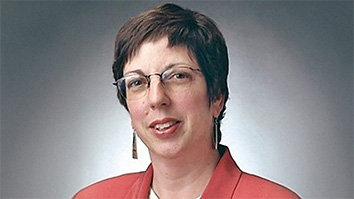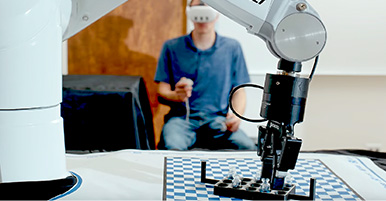Citation
David Gunning, Vinay K. Chaudhri, Peter Clark, Ken Barker, Shaw-Yi Chaw, Mark Greaves, Benjamin Grosof, Alice Leung, David McDonald, Sunil Mishra, John Pacheco, Bruce Porter, Aaron Spaulding, Dan Tecuci, and Jing Tien. Project Halo Update Progress Toward Digital Aristotle. AI Magazine, Sep2010.
Introduction
Project Halo is a long-range research effort sponsored by Vulcan Inc., pursuing the vision of the “Digital Aristotle” — an application containing large volumes of scientific knowledge and capable of applying sophisticated problem-solving methods to answer novel questions. As this capability develops, the project focuses on two primary applications: a tutor capable of instructing and assessing students and a research assistant with the broad, interdisciplinary skills needed to help scientists in their work. Clearly, this goal is an ambitious, longterm vision, with Digital Aristotle serving as a distant target for steering the project’s near-term research and development. Making the full range of scientific knowledge accessible and intelligible to a user might involve anything from the simple retrieval of facts to answering a complex set of interdependent questions and providing user-appropriate justifications for those answers. Retrieval of simple facts might be achieved by information-extraction systems searching and extracting information from a large corpus of text. But, to go beyond this, to systems that are capable of generating answers and explanations that are not explicitly written in the texts, requires the computer to acquire, represent, and reason with knowledge of the domain (that is, to have genuine, internal “understanding” of the domain).


